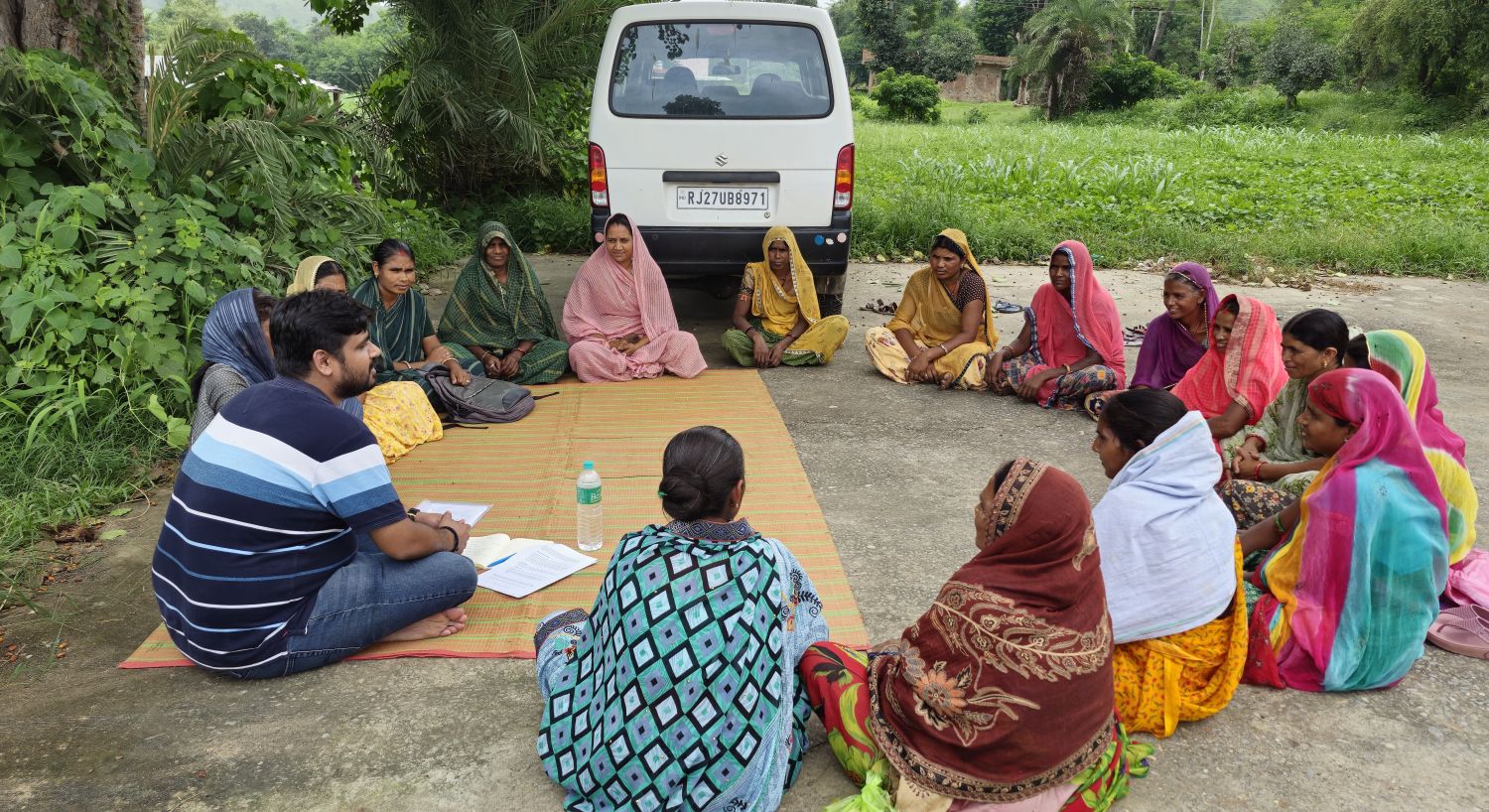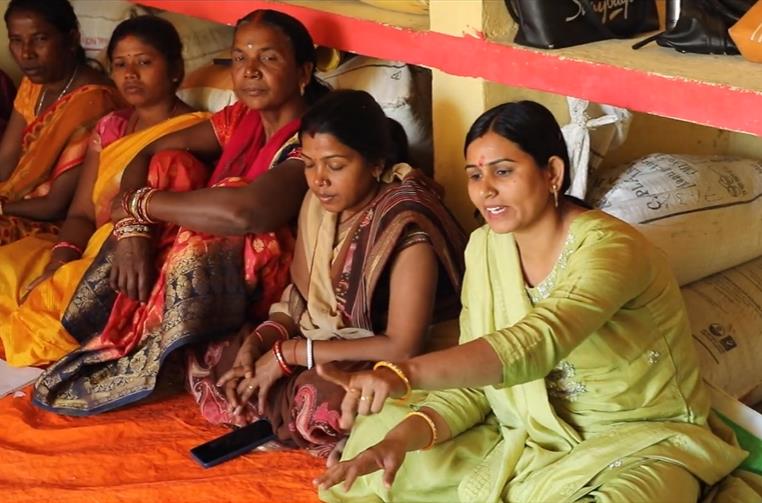Interventions that raise agricultural productivity in poor regions have the potential to offer two benefits at once: increasing the food supply and providing income for farmers, who make up a majority of the world's poor. Increases in yields of cereal crops have closely tracked with reductions in poverty in Sub-Saharan Africa, according to the World Bank. Improved agricultural technologies can improve yields, but only if people know how to use them.
Farmer field schools – intensive group trainings in new agricultural technologies – have been effective at increasing yields, incomes and profits for farmers, in addition to reducing the use of harmful pesticides. That said, these programs seem to provide the most benefits for farmers who have relatively more land and better education than their peers do. So they may produce plenty of positive effects, but they also should not be viewed as a solution for the poorest of the poor.
This evidence comes from a systematic review, which brings together evidence from 92 studies on 71 separate farmer field school programs in Africa, Asia and Latin America. By synthesizing the evidence from so many separate studies, the review offers a more comprehensive look at the field schools' effectiveness than any evaluation of a single program.
The farmer field schools included in the review focused on different topics and crops, but all featured intensive, facilitated group training. These trainings often took place at weekly meetings throughout the growing season, conducted in combination with the use of control plots farmed using standard practices. A majority of the studies took place in Sub-Saharan Africa and South Asia.
Common curricula included integrated pest management (IPM) and integrated production and pest management (IPPM), both of which aim to improve production while minimizing the use of toxic pesticides.
The field schools have been shown, on average, to increase knowledge of new farming practices, increase the adoption of those practices, increase yields, and increase revenues. The increases in revenues for farmers were larger than the increases in yields, likely because farmers were also spending less money on pesticides.
It appears, however, that it is primarily more educated farmers with more land who benefit from these programs. They have the education to understand the programs, and they have enough land that they can employ a new technique on some of it. Although data limitations make it hard to say how much land or education is necessary, the review's analysis found that each additional year of schooling, on average, increased farmers' yields and reduced their pesticide use after participating in FFS programs. These findings suggest that programs may have larger effects if they target more educated farmers with more land. At the same time, this evidence suggests that other approaches may be needed to help less educated, poorer farmers.
Also, for farmer field schools that included both men and women and those that targeted women specifically, the programs only benefited women who had the social standing to utilize the training. For example, in places where women primarily grow subsistence crops, farmer field schools about cash crops did not benefit them. In other cases, programs did not produce effects because they targeted women who did not have decision-making power in their households, the review found, making them unable to lead the adoption of a new technology. However, in some cases where programs were appropriately targeted, as in a study in Tanzania, women benefited more from the farmer field schools than men.
In general, the programs seemed to only affect participants' farming practices, not their neighbors. Despite hopes that farmer field schools might lead to knowledge diffusion, the review's findings suggest that such knowledge transfers do not generally happen. There may be a few cases where knowledge diffusion occurred, in programs that targeted more educated farmers about simple topics like reducing pesticide usage. The main barrier to diffusion identified in the review was the complexity and experiential nature of FFS learning.
The other issue faced by farmer field school programs is scale. Virtually all of this evidence comes from evaluations of smaller-scale programs. The review found that the training of facilitators in participatory leaning methods is key to program success, and this type of training can be hard to scale up.
Despite all these caveats, the evidence shows that well-targeted farmer field school programs led by well-trained facilitators can produce several positive outcomes at once: higher agricultural yields, higher incomes for farmers, and reduced pesticide use.
The full systematic review, as well as a short summary, can be found here. Beyond that review, hundreds more systematic reviews and thousands of impact evaluations on all kinds of development topics are available at through our Development Evidence Portal.
 This blog is part of our campaign 2020 Hindsight: What works in Development. Learn more about the campaign and read past blogs here.
This blog is part of our campaign 2020 Hindsight: What works in Development. Learn more about the campaign and read past blogs here.





Isn't this something fieldworkers have known for decades? Maybe a few more bells & whistles, but fundamentally not much new.